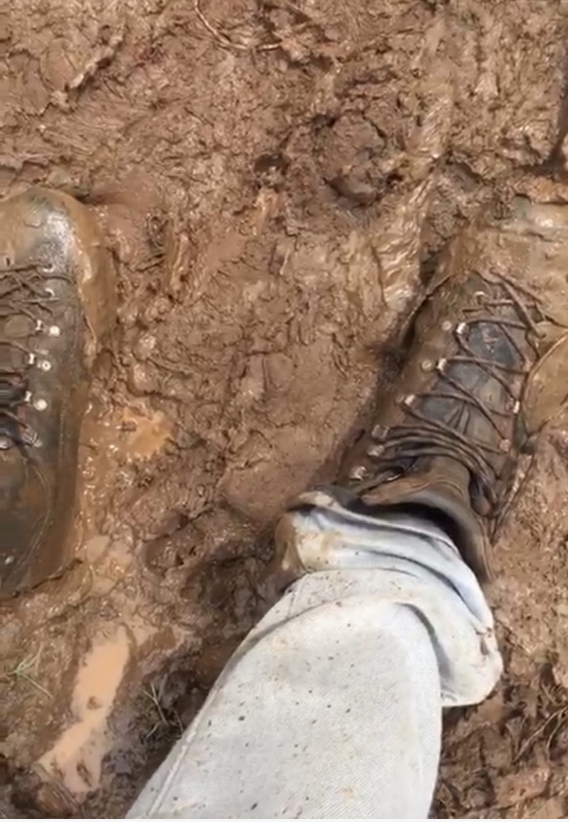FairChain Farming – Harvest 2020
Last month, we were in Limu to discuss the upcoming harvest with our farmers. The good news that we need twice as many beans came with tough conversations about the use of the FairChain premium. Our goal is a living income, and we hope the premium contributes to this long-term aim. But how can you think about tomorrow when you're just trying to survive today? Men and women didn’t always agree on this.
“Everything FairChain does is about business models and earning instead of receiving. The old development aid model doesn’t lead to the desired changes.”
— Stefan, Impact Officer
A LIVING INCOME? The idea behind a living income is that it allows people to lead a dignified life. This means having enough food, water, shelter, education, healthcare, transport, clothing, and savings for the future (retirement). We were the first in the Netherlands to conduct a living income study with the farmers in our chain, and so far, we’re the ONLY ones in the Netherlands to develop a roadmap to a living income. Read more about it in a previous blog.
It’s not just about increasing income; our unique program also looks at how to reduce living costs. We’re working on providing clean water and solar energy to the farmers' homes. But we don’t want to give these away like an NGO; we’re developing them as services, with partners, at substantially lower costs so they have a sustainable character. The extra FairChain premium could then be used for purchasing these services. The introduction of clean water was warmly received by the women, but the men preferred cash. The reason is clear. We see ourselves as equal partners, we have our ideas, and we listen to theirs. To be continued...
🇬🇧 FairChain Living Income Service No. 1: Clean Water
According to the World Health Organization (WHO), contaminated water causes approximately 1.5 million deaths worldwide each year, many of which are children. In many African countries, more than half of the rural population lacks access to clean drinking water. With access to clean water, CO2 is saved because people no longer need to boil water over an open fire to kill bacteria. Unfortunately, this still happens, contributing to deforestation and climate change.
open fire to kill bacteria. Unfortunately, this still happens, contributing to deforestation and climate change.
Storytelling? Storydoing... boots on the ground.
It’s the rainy season, and it’s a whole different ball game. A large mud pit, often impossible to get through even with a 4x4. Donkeys and feet deep in mud do the trick.

